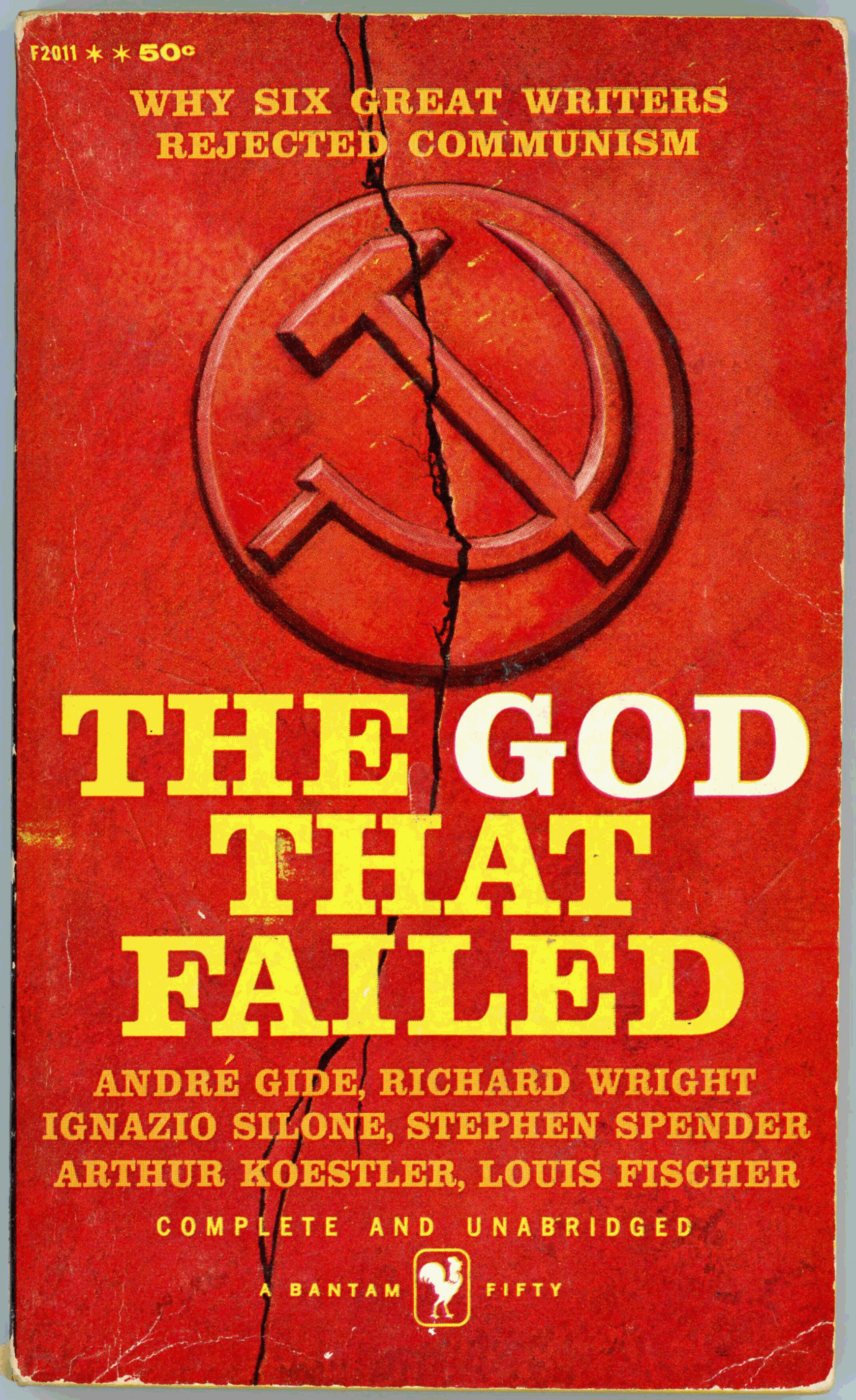“For it is very much easier to lay the oblation of spiritual pride on the altar of world revolution than to snatch it back again.”
 If despair and loneliness were the main motives for conversion to Communism,
If despair and loneliness were the main motives for conversion to Communism,
they were greatly strengthened by the Christian conscience.
Here again, the intellectual, though he may have abandoned orthodox Christianity,
felt its prickings far more acutely than many of his unreflective church-going neighbors.
He at least was aware of the unfairness of the status and privileges which he enjoyed,
whether by reason of race or class or education.
The emotional appeal of Communism lay precisely in the sacrifices –
both material and spiritual –
which it demanded of the convert.
You can call the response masochistic, or describe it as a sincere desire to serve mankind.
But, whatever name you use, the idea of an active comradeship of struggle –
involving personal sacrifice and abolishing differences of class and race –
has had a compulsive power in every Western democracy.
The attraction of the ordinary political party is what it offers to its members:
the attraction of Communism was that it offered nothing and demanded everything,
including the surrender of spiritual freedom.
Here, indeed, is the explanation of a phenomenon which has puzzled many observers.
How could these intellectuals accept the dogmatism of Stalinism?
The answer is to be found scattered through the pages which follow.
For the intellectual, material comforts are relatively unimportant;
what he cares about most is spiritual freedom.
The strength of the Catholic Church has always been that it demands the sacrifice of that freedom
uncompromisingly,
and condemns spiritual pride as a deadly sin.
The Communist novice, subjecting his soul to the cannon law of the Kremlin,
felt something of the release which Catholicism also brings to the intellectual,
wearied and worried by the privilege of freedom.
Once the renunciation has been made, the mind,
instead of operating freely,
becomes the servant of a higher an unquestioned purpose.
To deny the truth is an act of service.
This, of course, is why it is useless to discuss any particular aspect of politics with a Communist.
Any genuine intellectual contact which you have with him
involves a challenge to his fundamental faith, a struggle for his soul.
For it is very much easier to lay the oblation of spiritual pride on the altar of world revolution
than to snatch it back again. (Richard Crossman)



